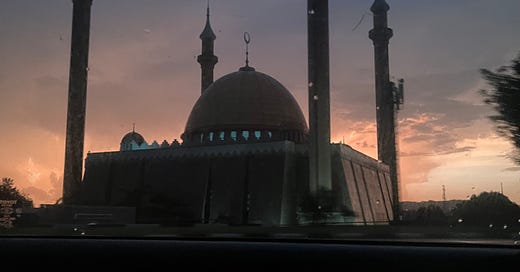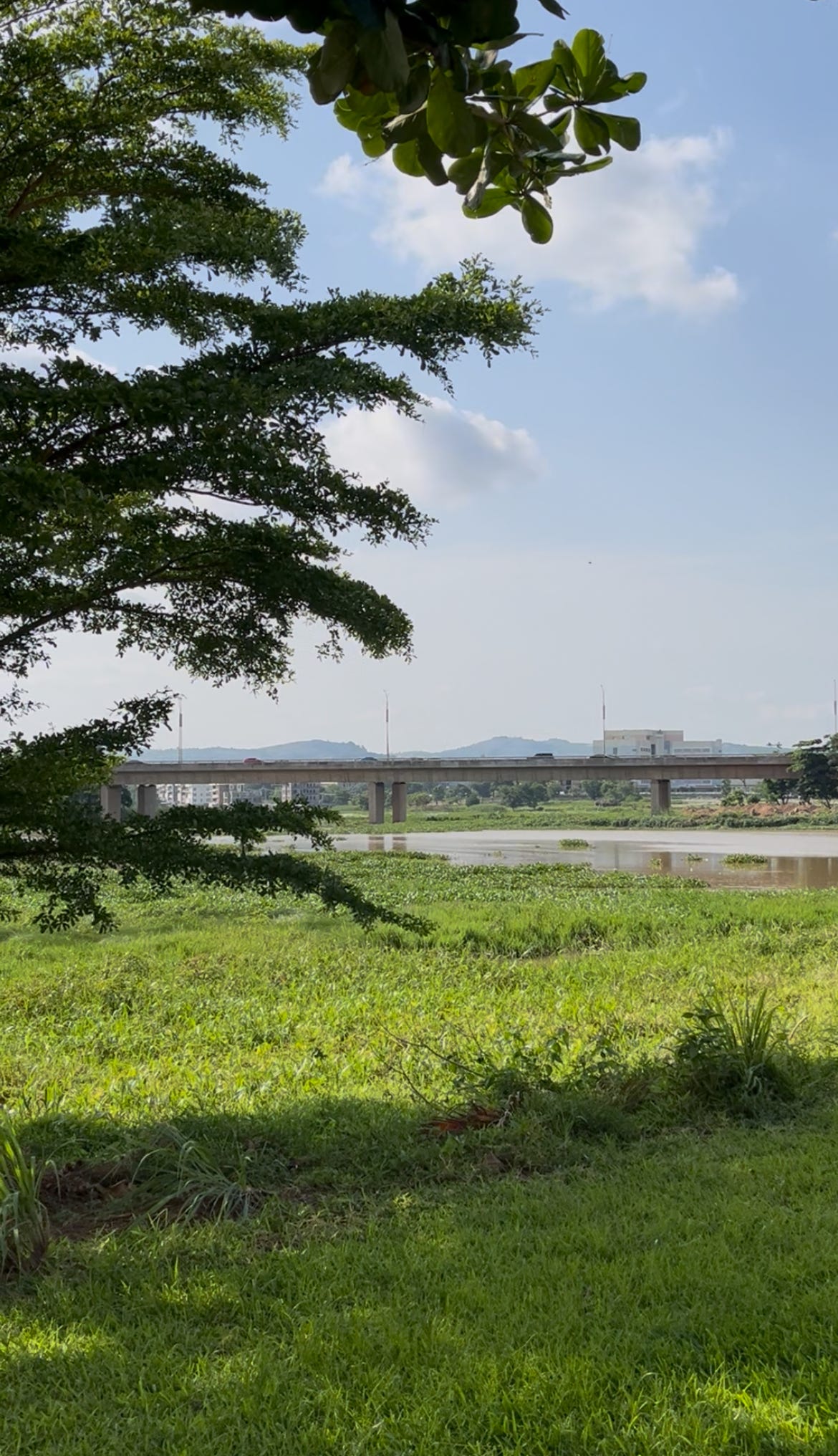Journalism-ism
The global North and South sometimes have competing priorities — but not always in the way you think
I am working on a few nice feature stories about fishermen and farmers, which is a pleasant change of pace when much of my job involves reporting on jihadist attacks and other disasters, man-made or natural.
It’s also important, because feature stories offer a nice counterbalance to the narratives of death and destruction: as I mentioned in an earlier newsletter, I slipped some added context into a story out of Benin noting that the south remains a draw for tourists, even as the north suffers jihadist attacks. Writing about the dire straits of the Nigerian economy, I typically try to mention the non-dire parts like Nollywood, the tech sector, etc. Nuance is good. Nigeria and Benin are multifaceted places.
When I was a freelancer based in Senegal, I often encountered editors who explicitly wanted stories that offered these counterbalances***. There is a sense, by Western outlets covering Africa especially, that the news industry has been dominated by foreigners writing about blood and gore. Editors in recent years have been trying to change that focus/atone for previous sins. There’s also a real fear of “news fatigue,” where grim stories about death and destruction across Africa no longer attract readers.
So it’s interesting to see those same priorities — trying to humanize people, shedding light on the unexpected, providing people and narratives with dignity/nuance — cited by a Nigerian news outlet that specifically focuses on some of the grimmest chapters in the country’s history.
HumAngle does some of the best conflict reporting in Nigeria — including on “informal detention, human trafficking pathways and the psychological impact of conflicts.” A recent expose is on how Boko Haram uses food to recruit hungry children.
HumAngle argues that its approach — focused on both conflicts and their victims — “not only provides information but also upholds the dignity of those impacted by crisis, encouraging readers to look past mere numbers.”
It’s an interesting flip of the same script that well-meaning Western editors often espouse — yet can lead to stories that those same Western editors might be wary of pursuing in light of their newfound focus on solutions or positive news.
***There are two ways to do this: write absolute fluff that glosses over real problems, or, simply change the focus of a difficult story, without sugarcoating the real issues. Working on a story about a crackdown on the press in Cape Verde, I focused on the journalists protesting the government. Reporting on Nigerian refugees fleeing to Niger, I focused on the communities welcoming them in. Neither of those stories spared grim details, but they also focused on the people trying to make the world a better place, which is a nice change of pace.
Nigerian military air strike kills at least 20 civilians: residents
A Nigerian military air strike in the country's embattled northwest has killed at least 20 civilians, three residents told AFP.
The incident if confirmed would be the latest in an air campaign that has killed hundreds of civilians in recent years as Nigeria battles various armed groups, from jihadists to criminal gangs known as "bandits".
A group of local vigilantes were struck over the weekend as they were pursuing a criminal gang in Zamfara state, the residents said. The military jet deployed to assist the community mistook the volunteers for the bandits and bombed them.
The Nigerian military did not respond to a request for comment but in a statement picked up by local media the air force said at least 20 "armed terrorists" were killed in a "precision engagement".
"We were hit by double tragedy on Saturday. Dozens of our people and several cows were taken by bandits and those who trailed the bandits to rescue them were bombed by a fighter jet. It killed 20 of them," resident Buhari Dangulbi told AFP.
Aid finally trickles in for Nigeria flood victims
A week after floods flattened over 250 houses and killed at least 200 people in north-central Nigeria, aid is only just beginning to reach survivors of the disaster.
But not before flood victims were forced to mourn missing bodies, as huge numbers of people remained unaccounted for even as the official death toll stagnated.
As I write this, questions remain about the government’s response and the true number of dead.
Other dispatches:
Collapsed pit kills 11 children in northern Nigeria: police
Interpol issues red notice for Ghana ex-finance minister





